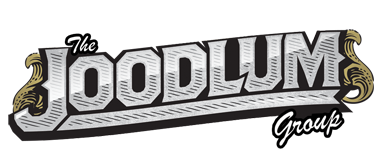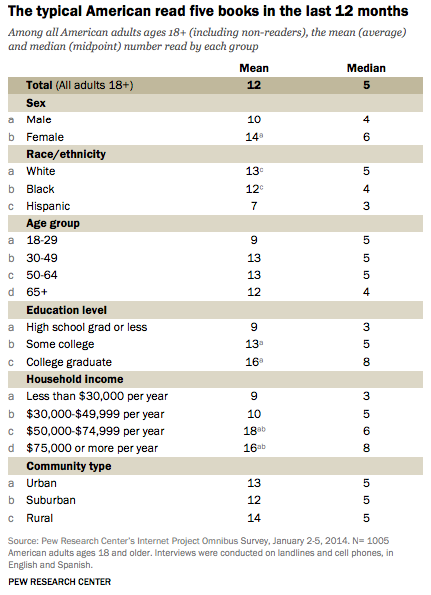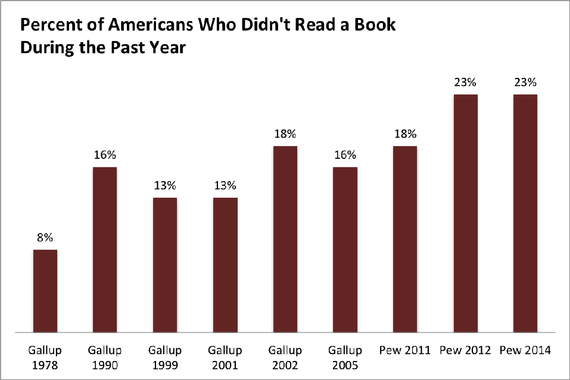Books
Woman hater and fat-shaming author Mary 'Fugly' Smart has an AWFUL Book, Angled at Fox Viewers
I wouldn't even buy this book to burn it.
Patton and her mom-splaining schtick came to hate-read fame with a letter to the editor to The Daily Princetonian last year, in which she advised the university's women to find a husband while in college or else be doomed to the life of a spinster. Men, she reasoned, "regularly marry women who are younger, less intelligent, less educated," but Princeton women — and by extension, all college women — should find an equal match. And quickly at that. The largely negative response from that viral article won her a book deal and a Valentine's Day op-ed in The Wall Street Journal.
What wisdom does Patton have to dish out now, many months later? Lots of fat-shaming, according to an early view of the book by The Daily Princetonian. “Answer honestly … would the man you’re dating push his meatball to your side of the plate?” Patton writes. She also has a nickname for heavy-set people: “A plopper. A big lump that goes plop! A grossly overweight person.” How creative!
In Patton's calculation, women can only get married to an intellectual equal if they are also attractive, so there's only one solution for overweight people: “If you’ve struggled with obesity through most of your teen years, then maybe surgical intervention is a good idea for you,” she advocates.
Those are just a few of the many rage-causing quotes from Marry Smart, due out next week. Patton also takes aim at women who are victims of sexual assault: A provocatively-dressed drunk woman who enters a man's room is responsible for her actions, she writes. “Please spare me your ‘blaming the victim’ outrage,” the book reads, as these women “displayed screamingly bad judgment and must bear accountability for what may happen next.” Saying "spare me" is unlikely to negate the fair outrage at that victim-blaming line.
Men are not spared in her formulation, either. “Men are wonderful!” she writes, while explaining that they will date any “dumb, mean or nasty” women who freely have sex with them. “For men, there is very little that trumps free sex with a woman who is easier to make than a peanut butter sandwich,” she writes.
Via The Wire
The Decline of the American Book Lover
And why the downturn might be over.
The Pew Research Center reported last week that nearly a quarter of American adults had not read a single book in the past year. As in, they hadn't cracked a paperback, fired up a Kindle, or even hit play on an audiobook while in the car. The number of non-book-readers has nearly tripled since 1978.
If you are the sort of person who believes that TV and the Internet have turned American culture into a post-literate scrubland full of cat GIFs and reality TV spinoffs, then this news will probably reinforce your worst suspicions. But buried beneath it, I think there's an optimistic story to tell about American book culture. It's about the kids.
Without question, the American bookworm is a rarer species than two or three decades ago, when we didn't enjoy today's abundance of highly distracting gadgets. In 1978, Gallup found that 42 percent of adults had read 11 books or more in the past year (13 percent said they'd read more than 50!). Today, Pew finds that just 28 percent hit the 11 mark.
But here's why I wouldn't proclaim the death of the book quite yet (aside from the fact that the vast majority of the country does still read them).First, as shown on the Pew chart below, the number of books an American reads tends to be closely associated with his or her level of education. Even those with just a little bit of college read far more, on average, than men and women who only finished high school. That may be because people who grow up reading are far more likely to enroll in higher education. But it seems at least somewhat likely that reading books in class conditions people to read books later in life. And the good news (for publishers, at least) is that today's twenty-somethings, as a rule, go to college. A recent Department of Education study found that 85 percent of the high-school class of 2004 had at least some postsecondary education.
It's true that those highly educated young adults aren't reading that many books today. The average 18-to-29 year old finishes nine per year, compared to 13 among older American. But according to the National Endowment for the Arts, teens and twenty-somethings have almost always read less than older adults.
Most importantly, the percentage of young folks reading for pleasure stopped declining. Last year, the NEA found that 52 percent of 18-24 year-olds had read a book outside of work or school, the same as in the pre-Facebook days of 2002. If book culture were in terminal decline, this is the demographic where you'd expect it to be fading fastest. Perhaps the worst of the fall is over.
Via The Atlantic
The New Yorker: The Best Books of 2013, Part 1 & 2
Norway is digitizing all its books and making them free to read online
It's similar to the mass digitization efforts in the UK and Finland, but Norway has taken the extra step of making agreements with many publishers to allow anyone with a Norway IP address to access copyrighted material.
The library owns equipment for scanning and text structure analysis of the books. It's also adding metadata and storing the files in a database for easy retrieval.
Librarians estimate the digitization of the entire collection, which includes materials dating back to the Middle Ages, will take 20 to 30 years. The effort started in 2006.
Via Theverge







